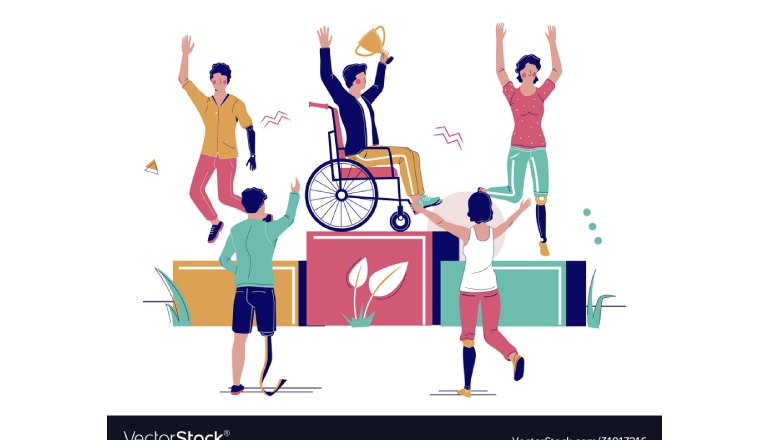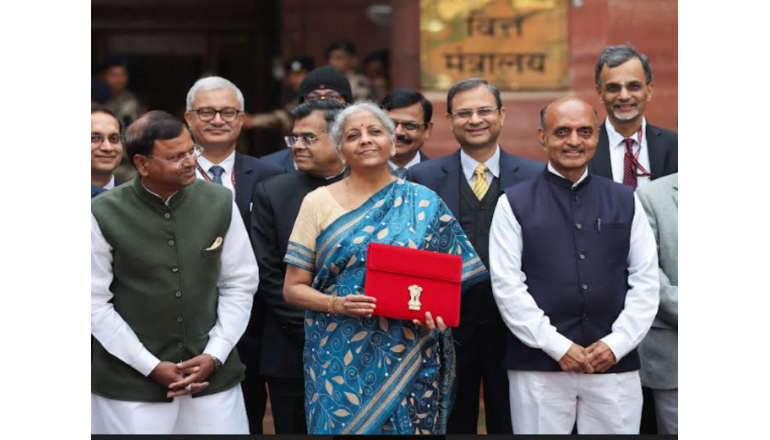Social neglect was once a regular part of our everyday lives. An inclusive workforce can change the social dynamics.
Our social responsibility was mostly relegated to applauding or rewarding philanthropists. As they worked to improve the lives of sex workers, marginalized, socially and economically backward communities, women, and children. Despite criticism from the public, society, and government, unsung heroes steadfastly continued their mission to support the oppressed.
What changed?
Several factors overflowing the dusty files in government lockers tumbled. The increasing number of climate incidents, temperature rise to unbearable levels for both humans and the ecosystem acted as an eye opener. These included climate change, inaction, mass migration, absolute disregard for the Indigenous communities, deforestation, and the affected and the impacted (both people and communities). Plurality was totally at play.
That was, till YOU and I were NOT AT the receiving end.
I received my first lesson on human compassion in 1997-1998 when Mumbai was completely submerged underwater. There were no mobile phones and access to the Internet was limited to the office. Strangers came to the aid of Mumbaiikars wading knee-deep water, braving open manholes, and witnessing crumbling infrastructure.
The tales of human support came in the form of the human chain people formed to ensure safety. I still cannot forget the helpful resturanteur who smilingly allowed me to call my anxious parents and did not accept money for the call. Instead, he offered me food. Similarly, locals offering vada pav to the stranded commuters, and shelter to those stranded, are still fresh in my memory.
That was perhaps, the first climate change incident in Mumbai, followed by the city submerging every monsoon. This is now a part of Mumbaikars’ lives.
Corporate participation back then was limited to donations.
While the on-ground scenario has not changed much today, I see three profound improvements. One and the most important is strangers still refuse to remain bystanders during duress of any kind.
Secondly, regulations and policies now play a key role in the enterprises earmarking a certain percentage of their revenues for the CSR corpus. Thousands have benefitted from these CSR initiatives.
However, as more women, persons with disabilities, and LGBTQ enter the workforce, we are yet to see equal opportunities for this segment of society. A recent report mentions that 40 percent of women face discrimination at work. I shudder to think about the cruel (behind the back, when you think no one is listening) comments pointed toward persons with disabilities and the LGBTQ. Most corporates who have safe workplaces, sexual exploitation, and equal opportunities policies react to incidents.
Can there be a more proactive approach? Can DEI become mainstream, more than just a mention during the corporation’s annual general meeting or a figure in the enterprises’ annual report, integrated report, or ESG submissions?
Our take:
WriteCanvas is a proponent of equality and equal opportunity. While we call for a mindset at the corporate level, we also understand the need for developing the right infrastructure for inclusivity. It is high time that the corporates open their arms wide to employ all eligible employees. But first, they will have to allocate enough funds for infrastructure re-alignment. This Independence Day, let us pledge to make inclusive workforce the new morn.










